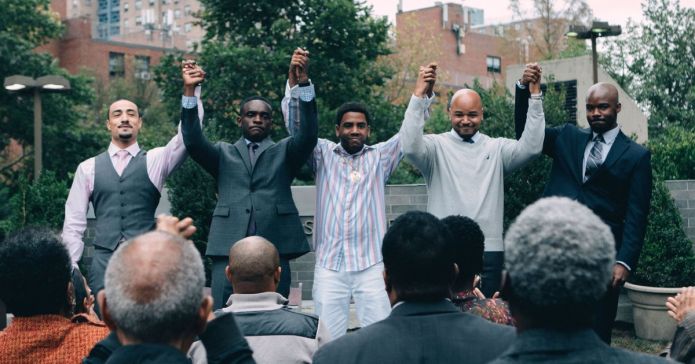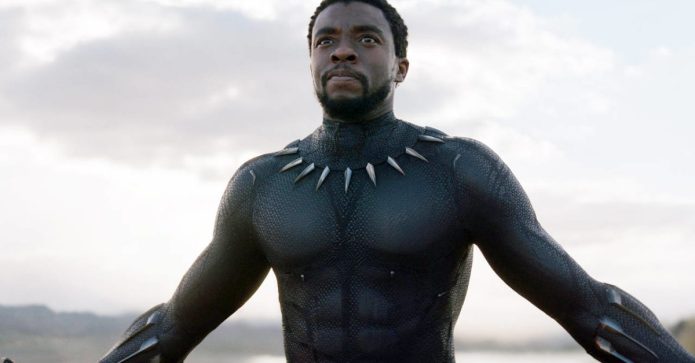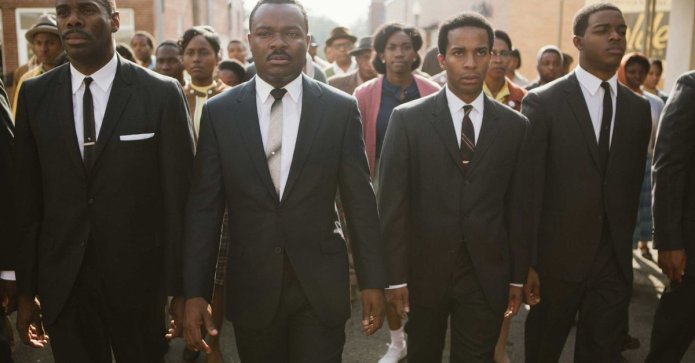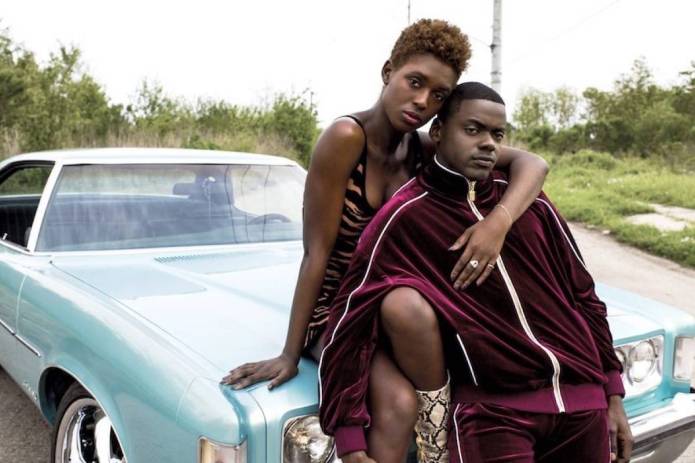Every so often, Netflix throws you a bone and tacks on some bonus features to their original programming. After you finish all the episodes of When They See Us, you can choose to watch an interview with the real life Exonerated Five, conducted by Oprah Winfrey and featuring director Ava DuVernay and certain cast members.
Leave it to Joshua Jackson, Charlie Conway himself to provide one of the more memorable quotes. As the actor who played one of the attorneys for the Exonerated Five, Jackson was asked to reflect on what he took away from the experience. “What did I learn about the justice system?” he responds. “It’s the wrong name for it.” It’s as if Jackson was speaking on behalf of all the privileged white people who either weren’t aware of the lack of justice in this case or have never had to experience it for themselves. Or both. I count myself among that group.
DuVernay is not only one of the more prominent directors working today, but also one of the very best educators in the film medium. She takes us to school time and time again because there are too many gaps to be filled in our understanding of racial injustice, and she wants to do something about that. These particular five black boys were charged with a gruesome crime they didn’t commit (in Central Park, hence their old nickname), manipulated and blackmailed into admitting their non-existent guilt, did their time in juvy and jail and then continued to suffer repercussions once they were released as young men. It’s practically impossible to make a living and have a normal life when you’re a registered sex offender, you see. But the system is all too happy to keep you under its thumb and incarcerate you again at the smallest misstep.
The most unique part about this story is the ending. The publicity that the case received and the exoneration of those five men are outliers in a country that incarcerates more people than anywhere else in the world (which DuVernay expertly explored in her documentary 13th). Otherwise, this is unfortunately an all too common tale. To me, that was the most frightening realization of watching When They See Us. How many times has there been a miscarriage of justice like this and it didn’t receive any media attention? How many black people have had their lives ripped away from them by modern day versions of racism and suppression? The number has to be staggering.
DuVernay wisely packed the cast with relative unknowns, with the exception of a handful of well-placed veteran actors like Jackson, Niecy Nash, John Leguizamo, Famke Janssen, Vera Farmiga and Michael K. Williams. I’ve always believed this makes for a more seamless immersion into the story. These boys cease to be actors in our eyes and embody those poor souls. Jharrel Jerome in particular nails all of the mannerism of Korey Wise as a kid and an adult. It’s a remarkable performance among many and will leave a lasting impression on me.
During Winfrey’s interview, one of the Exonerated Five admits to being broken by what he experienced and is a shell of himself as a result. The young actors looked on distraught and despondent as Jackson and others quietly consoled them. The question we have to ask ourselves is not just why do we allow this to keep happening in our society, but how do we stop it in order to spare future generations from experiencing their own version of this racial injustice?








